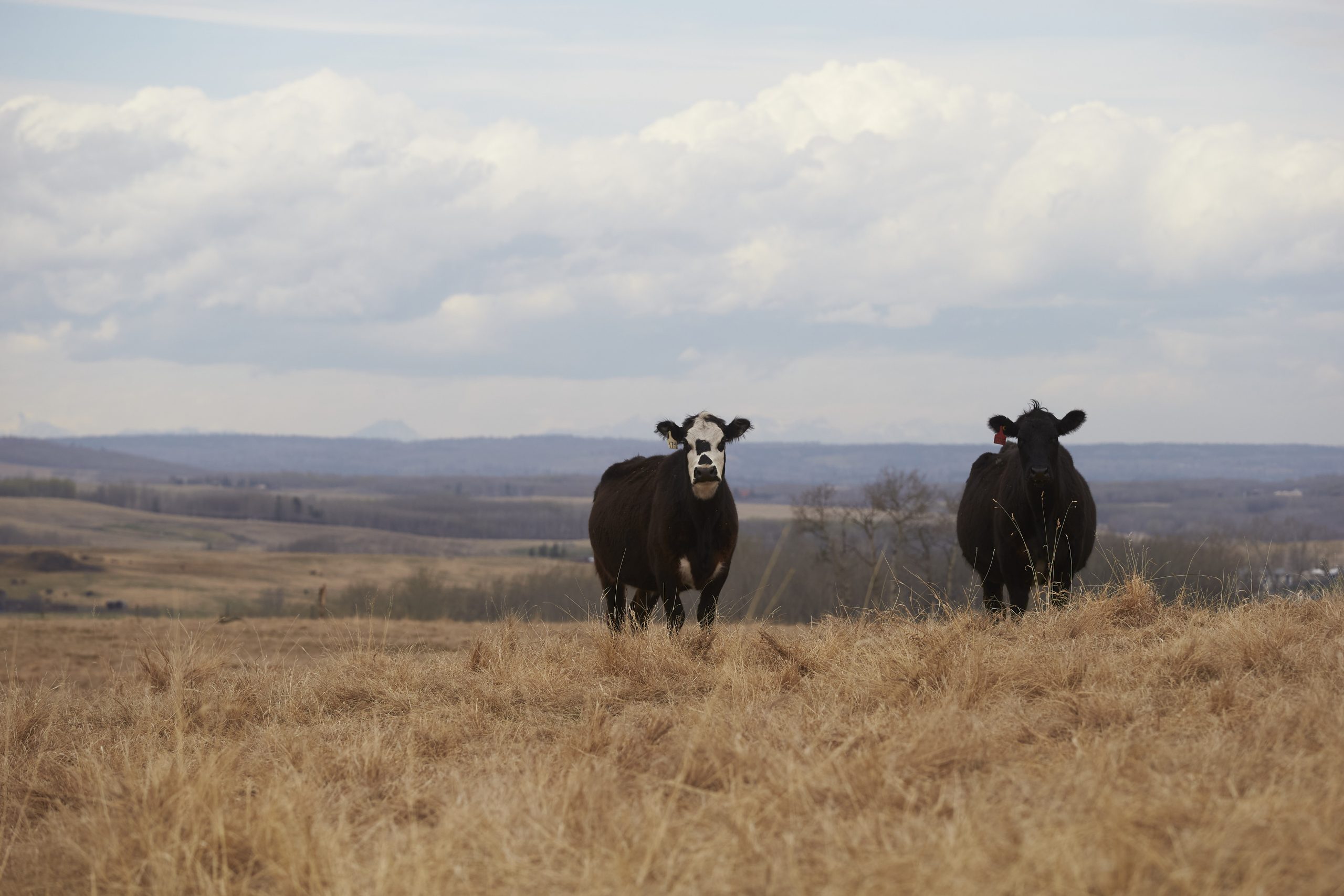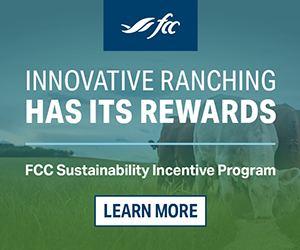AB Direct - Steers
Rail: ---
AB Direct - Heifers
Rail: ---
US Trade- Steers
Rail: ---
US Trade - Heifers
Rail: ---
Canadian Dollar
0.15

Canfax Weekly Article | Report for the week of November 3, 2025
Alberta fed prices over the past eight weeks have declined $17/cwt, but the fed market is starting to show signs of stability, holding around $300/cwt. Fed prices are within $3/cwt of their second-half lows made in early July. Dressed sales were reported from $495–$505/cwt delivered. All Western Canadian packers bought cattle, but competition on the cash market was somewhat limited. Cattle that traded were scheduled for December delivery. In a couple of instances, cattle were bought flat with no heavy-weight carcass discounts, while other sales had discounts reported at 1,050 pounds. U.S. packer interest was quiet. The Alberta fed cash-to-futures basis was -20.31, steady with the three-year average.
Last week, Alberta auction volumes reached an annual high of 94,187 head, down 1 per cent from last year but 4 per cent above the five-year average. Pressure was noted across the board from all weight classes, with 3–500-pound steer and heifer calves down $29.38–$36.15/cwt from the previous week. Much of the pressure stemmed from last week’s U.S./Argentina trade deal, and this week’s discussions regarding the U.S./Mexico border, for which there is no change or timeline.
In October, forward delivery sales for November were consistently at a premium compared to this week’s cash prices. Steers weighing 5–599 pounds for November delivery averaged $691.46/cwt, a $22.98/cwt premium, while heifers of the same weight averaged $647.86/cwt, the largest premium at $61.17/cwt.
Last week, Alberta D2 and D3 cows through commercial auction facilities eased $1–$3/cwt. Feeder cows traded $2/cwtstronger than the previous week, while butcher bulls were $3/cwt lower. Railgrade cows ranged from $400–$420/cwt, steady to $10/cwt higher than the previous week.
Bull
- All October forward delivery sales for November delivery were at a premium compared to last week’s cash feeder prices.
- Year-to-date, Western Canadian cow slaughter is 11 per cent below last year.
- 550-pound steer and heifer calves are up $14.73/cwt and $10.43/cwt, respectively, from the previous month.
Bear
- The cattle complex has faced pressure from the U.C./Argentina trade deal and ongoing discussions about the U.S. / Mexico border, with no changes or timeline announced.
- Canadian heifer carcass weights are just two pounds shy of record highs.
- The Alberta cash-to-futures basis remains weak at -20.31, consistent with the three-year average.



